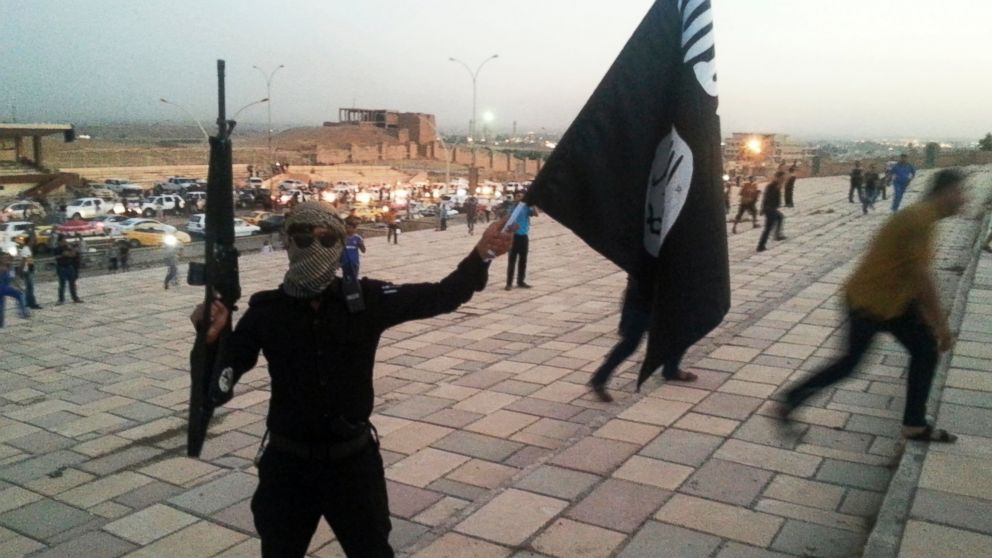General Austin: Only '4 or 5' US-Trained Syrian Rebels Fighting ISIS
Only 100 to 120 others are currently in training.

— -- General Lloyd Austin, the commander of U.S. Central Command leading the war on ISIS, told Congress today that only "four or five" of the first 54 U.S.trained moderate Syrian fighters remain in the fight against ISIS.
Christine Wormuth, the Under Secretary of Defense for Policy, also told the Senate Armed Services Committee that there are currently between 100 and 120 fighters in a program that was slated to have trained 5,400 fighters in its first 12 months.
Austin told the panel that goal was not going to be met and that options are being explored about how to retool the program which was intended to train moderate Syrian rebels to fight ISIS. So far, $42 million has been spent to develop the $500 million program which began training in April.
The first 54 graduates of the program were re-inserted into northern Syria in July and were quickly attacked by the Al Nusra Front, the dominant Islamist rebel group in Syria. Though the attack was repelled with U.S. airstrikes, it was characterized as a major setback for the viability of the progam. When Austin was asked how many trained fighters remained in the fight he responded "it's a small number," before adding "the ones that are in the fight, we're talking four or five."
Wormuth said the number of trainees in the program was “definitely smaller than expected” and attributed the low number of trainees to the stringent vetting standards being used by Centcom to prevent extremists from entering the program.
Highly critical of Austin and Wormuth's presentation, Committee chairman Sen. John McCain (R-Arizona) said that in his thirty years onn the committee “I have never heard testimony like this. ... Never."
"I have never seen a hearing that is as divorced from the reality of every outside expert and what you are saying," McCain told Austin.
He said there was a "disconnect" between Austin's appraisal of the fight against ISIS and Gen. Martin Dempsey, the chairman of the Joint Chiefs of Staff, who last week described the situation in Iraq as "a tactical stalemate."
A U.S. official has told ABC News that the initial group of 54 fighters was not effective from the time they re-entered Syria
At the time of the Al Nusra attack on July 31 the initial team of 54 US trained fighters had already been split four ways by circumstances surrounding the Eid holiday that ended Ramadan in mid-July.
Already integrated into the large umbrella rebel group known as Division 30, the U.S. official said that the fighters were allowed to visit family members for the holiday. That included some who were in Syria or in refugee camps in Turkey.
That dispersion resulted in some of the fighters who went to visit Turkey being trapped there when Turkey closed its borders. Another group of fighters who visited family had not yet returned to their unit when the attack occurred.
A third group of fighters broke off from the main group to follow a leader who had chosen to fight Assad regime forces instead of ISIS.
Only a handful of the fighters had returned from the Eid holiday to rejoin Division 30 when they were attacked by the Al Nusra fighters. It was this group of fighters who called in five U.S. airstrikes to repel the attack.
Get real-time updates as this story unfolds. To start, just "star" this story in ABC News' phone app. Download ABC News for iPhone here or ABC News for Android here.



